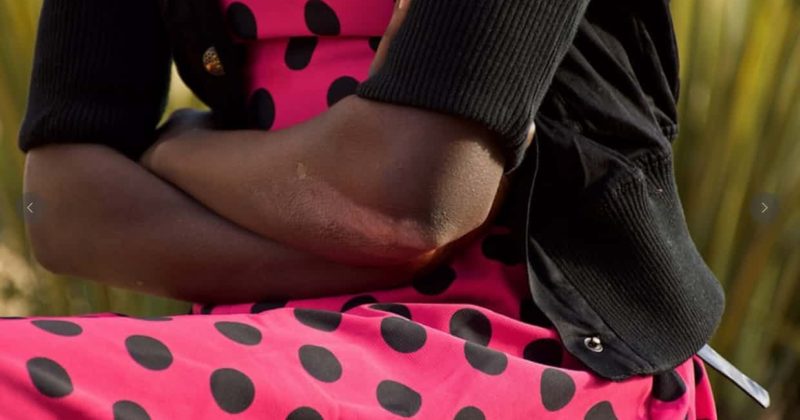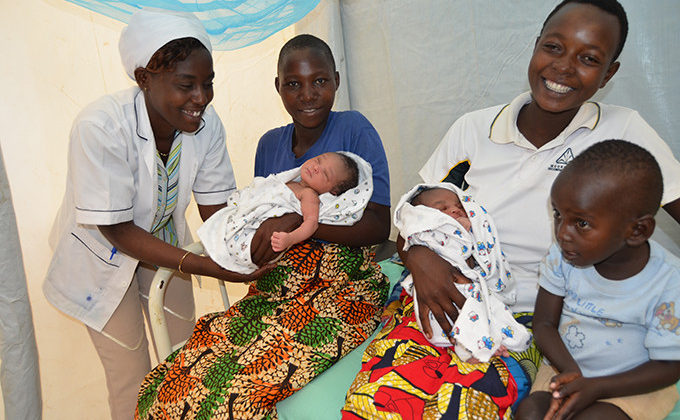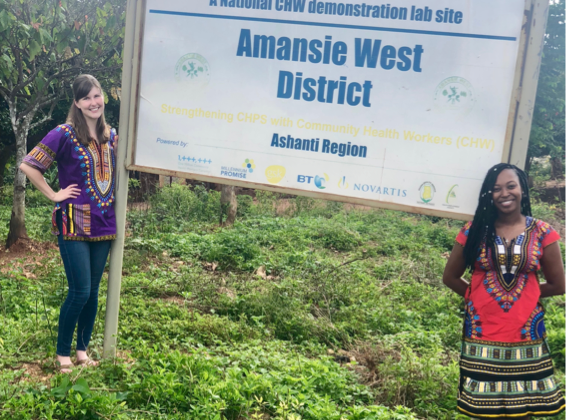
UK Department for Education updates sex education curriculum, includes information on exploitation and consent
This week, the UK Department for Education will launch new guidelines for relationships and sex education in schools, the first update to the curriculum since 2000. The new guidelines will include information on understanding, giving, and recognizing consent, as well as the current laws on sexual exploitation, harassment, and abuse. Beginning in primary school, the age-appropriate lessons aim to give children clear and comprehensive information about their bodily autonomy and responsibilities towards themselves and others, both in person and online. This important update to the curriculum comes after a 2017 BBC production revealed nearly 30,000 reports of children sexually abusing their peers. "It’s vital that every child knows about their rights and that nothing should happen to them without their consent," explained education secretary Damian Hinds, adding that the lessons will teach children how to recognize when someone else has not given consent, and hopefully reduce the pressure that they put on one another....






